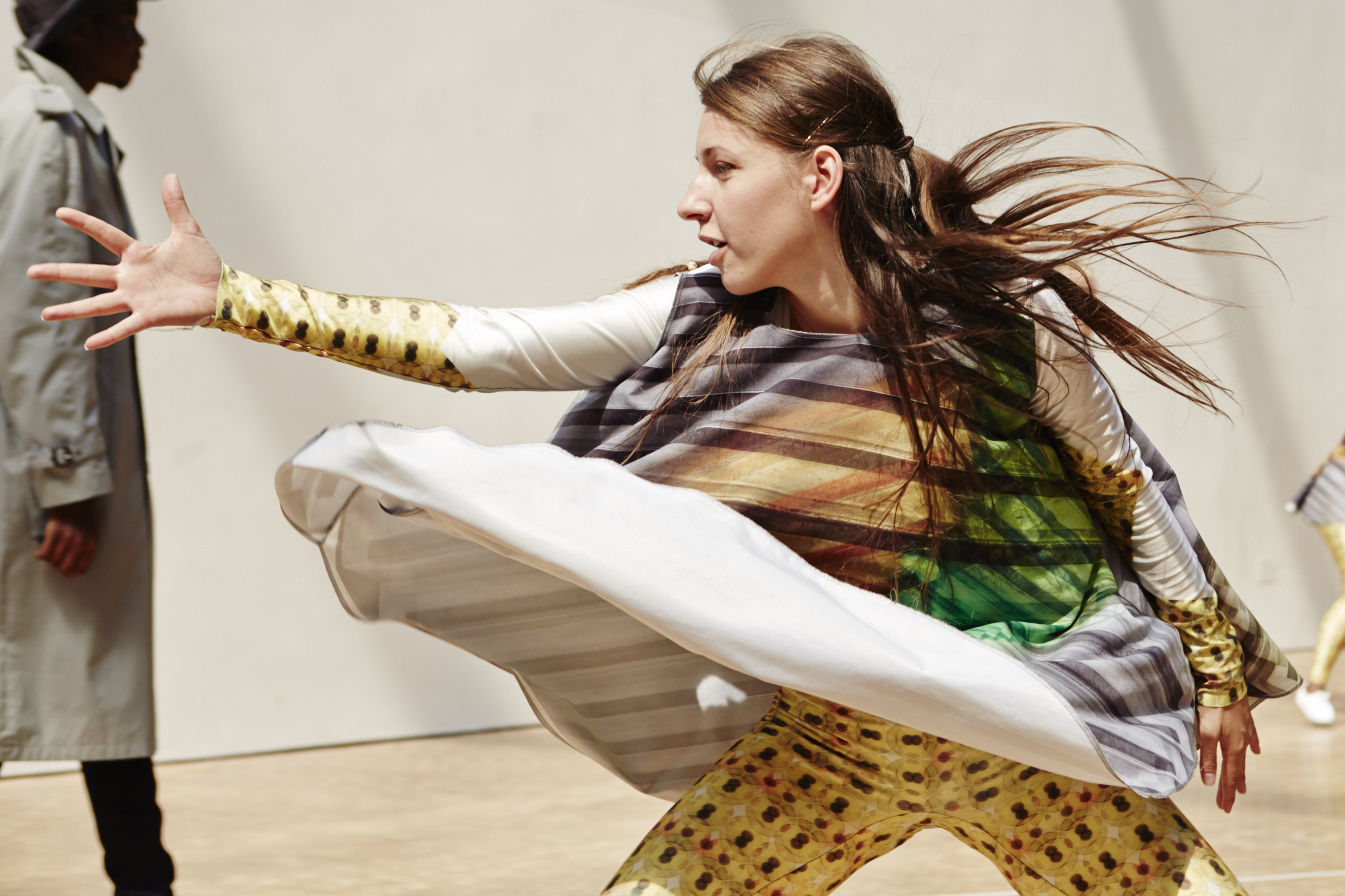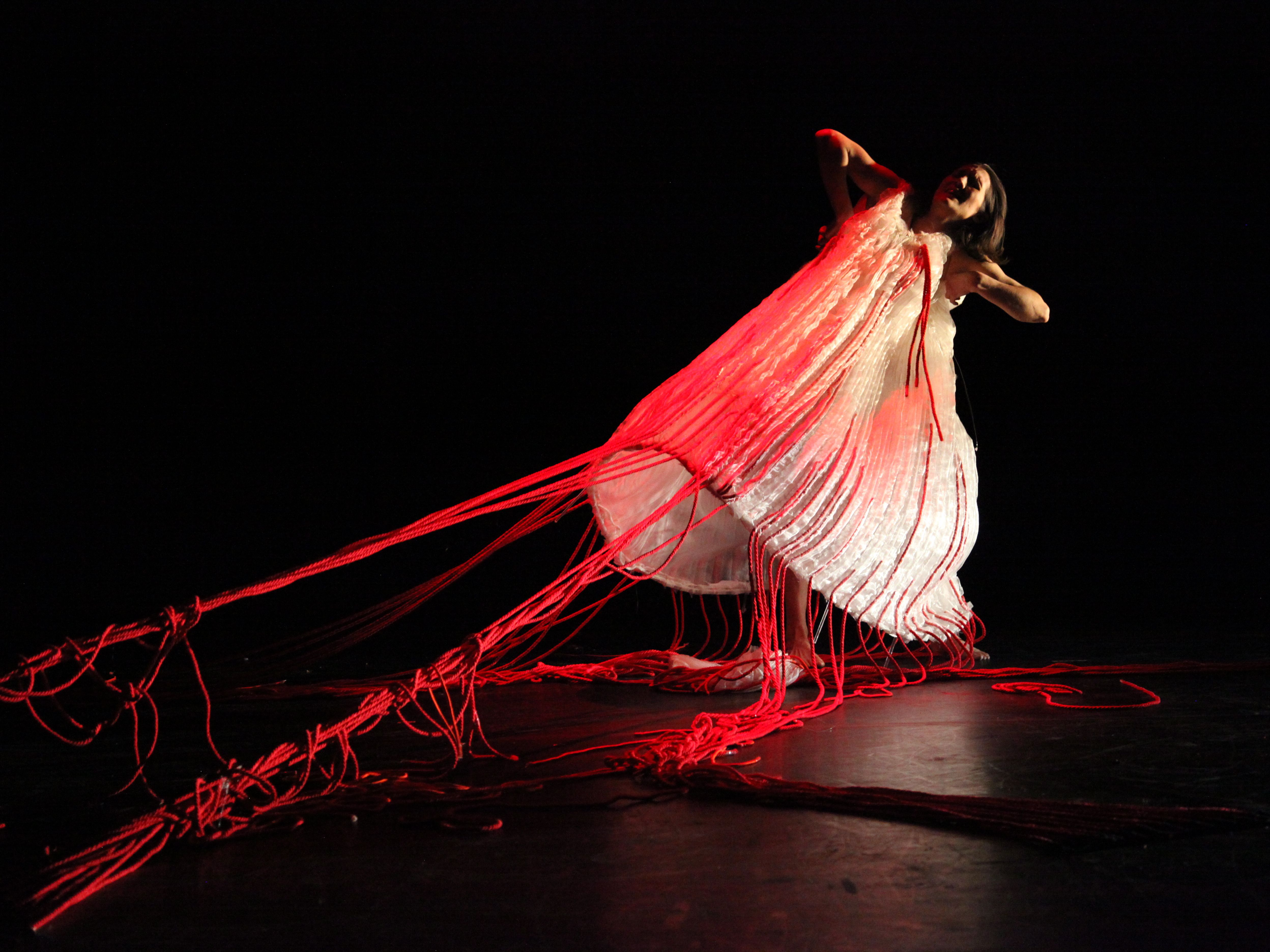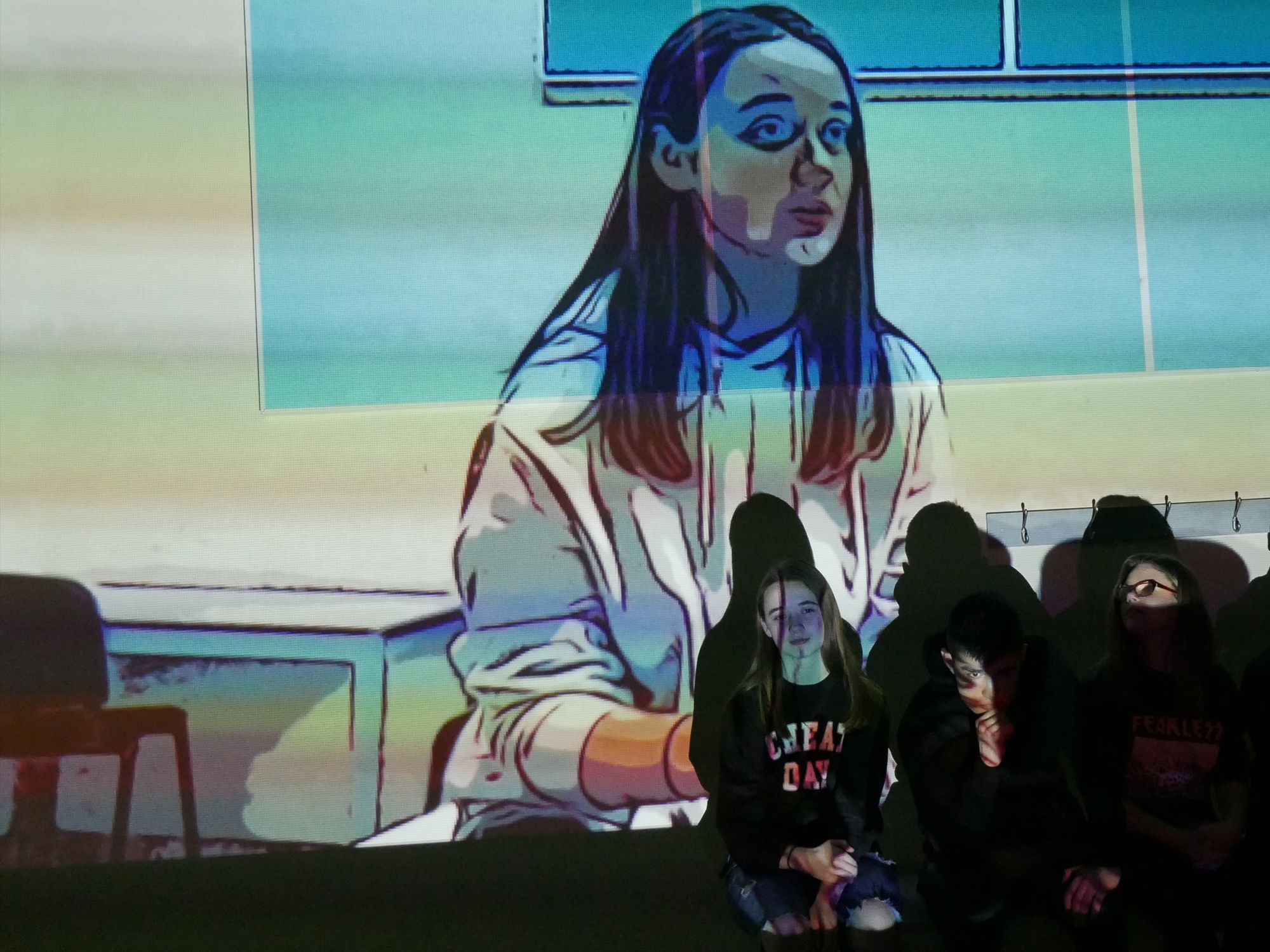Ahead of our Performing and Production Arts introductory events, we spoke to some of our current tutors and heads of departments about the benefits of delivering these qualifications.
At the event on 1 December, Richard Hooper, Phillip Watson-Smith, and Jill Maynard will explore delivery in close detail and be joined by students from their centres who will offer insights into completing the qualifications. Read their story and book a place on the event below.
Date: 1 December
Time: 10.30am – 12.30pm
Price: Free
What do you enjoy about delivering Performing and Production Arts qualifications?
Performing and Production Arts courses give learners transferable skills that can be used in a variety of industry settings. There is a strong focus on developing the learner’s skill sets for the Arts Industry and the courses allow teachers to be creative and use their skills to challenge learners in different ways than more conventional courses.
Philip Watson-Smith, Acting and Dance, Stratford Upon Avon College
UAL Awarding Body qualifications are flexible, in what ways does this benefit students?
With UAL Awarding Body qualifications, we can create bespoke projects and tasks to meet individual needs and recreate the realistic scenarios they would meet in the workplace.
Jill Maynard, Lincoln College
The qualification allows students to evidence their findings in a variety of different ways, helping them play to their strengths. This allows submissions to be written evidence, or, at the other end of the spectrum, audio logs.
Richard Hooper, Musical Theatre, South Essex College
As a teacher of UAL’s Performing and Production Arts qualifications, what sets them apart from other similar qualifications?
Delivering projects rather than individual units provides a much more realistic representation of industry practice. Rather than studying individual skills, all skills are explored through linking them to specific specialist material. For example, rather than singing being an individual skill, it can be explored alongside acting and dance.
This also applies to academic tasks, such as research, which can be used to support performance choices within the classroom. This enables students to recognise how academic activities play an integral role in the development of a performance. In turn, this encourages students to engage more in academic activities by recognising their influence on practical skills and performance.
Richard Hooper, Musical Theatre, South Essex College
Performing and Production Arts qualifications train students to have a diverse skillset. How do they prepare students for the next stages of education and what types of careers do your students go on to do later in life?
Students who have studied the UAL Performing and Production Arts courses at Stratford-upon-Avon College have progressed onto some very prestigious Performing arts colleges and universities which have then set them up to progress into some excellent careers as performers. Some have progressed into the West End, Television and Film, both on stage and backstage. Students studying Performing and Production Arts also have the transferrable skills to go into a range of careers, including teaching, physiotherapy, drama therapy and also other technical roles such as costume, make up and technical theatre.
Philip Watson-Smith, Acting and Dance, Stratford Upon Avon College
Students develop confidence, independence and the ability to plan, organise and learn. This will prepare them well for more advanced study or employment. Most of our students continue within the subject area and gain access to specialist schools or conservatoires while others choose a university route into the industry. Units that focus on progression provide guided learning hours for students to explore their options fully and be assessed on the processes they use.
Jill Maynard, Lincoln College
This industry is familiar with change and innovation, what do you see for the future of performing and production arts?
I see performing arts as an integral part of society and, even though it is struggling due to the current situation, I believe that it will return to its former importance as a provider of not only entertainment but also education. The industry is constantly evolving to replicate the changes in society such as gender fluidity, gender itself, sexuality, race and cultural issues. Performances such as the most recent production of the musical Company – which focuses on a female’s struggle with relationships and how she fits into this area of society – can have lasting positive impact in educating audiences.
Richard Hooper, Musical Theatre, South Essex College
Join us for our introductory event, A spotlight on Performing and Production Arts, on the 1 December to hear more about these inspiring qualifications.
To book onto the event, please email approvals.awarding@arts.ac.uk.



